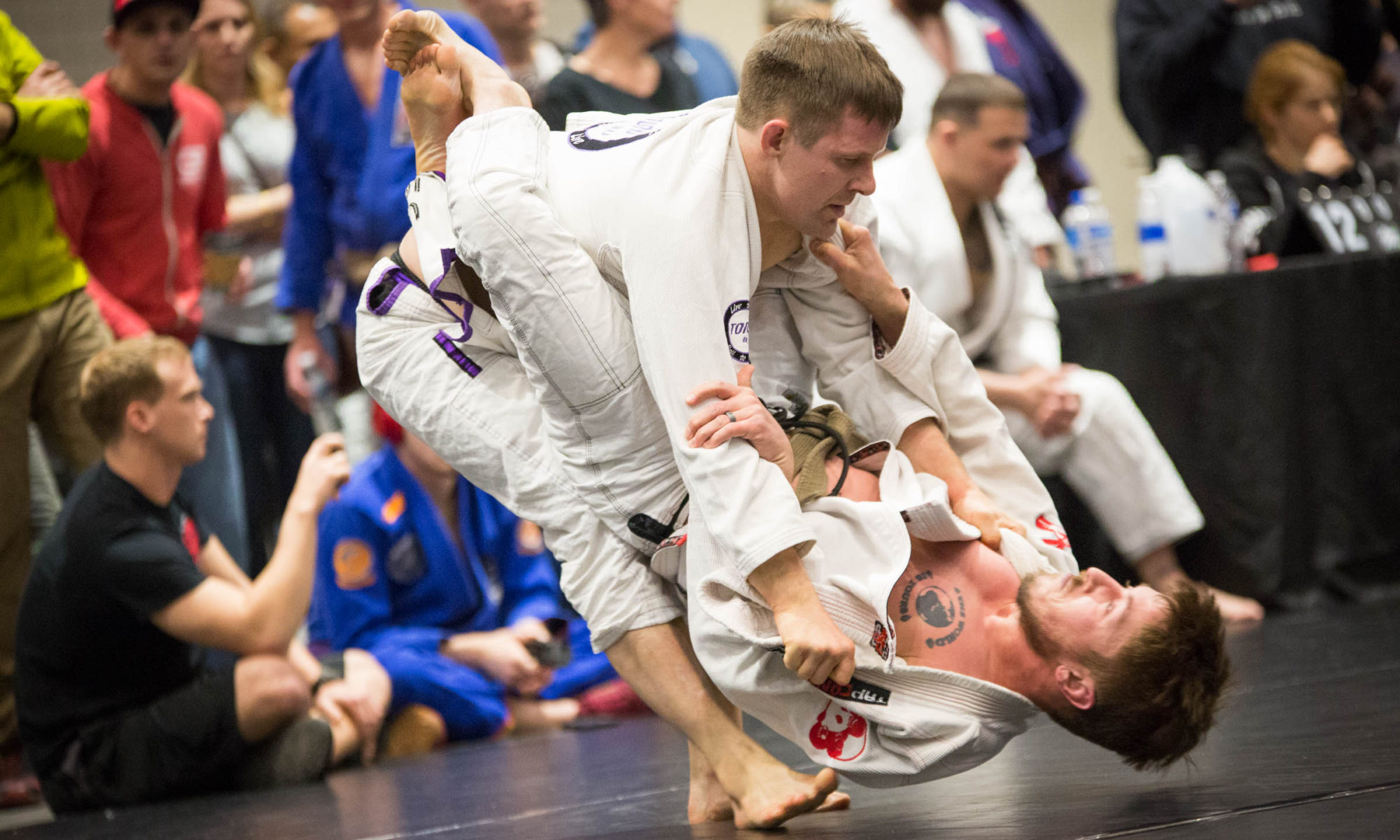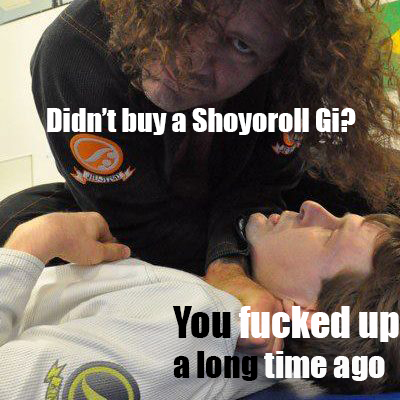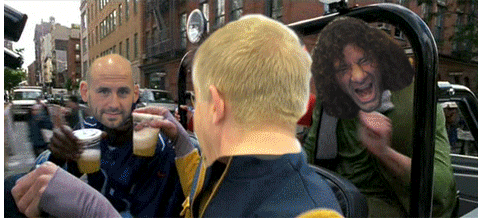In martial arts and in Zen Buddhism, we talk about fudoshin. Roughly translated as “immovable mind,” fudoshin can be described as a state of emotional balance. This type of composure is of particular value in times of crisis, which is one reason it was a virtue prized by the samurai.
This can be a struggle for all of us. Fortunately, we have some good examples to follow.
Murilo Bustamante is one of the best and most well-respected jiu-jitsu fighters ever. We were fortunate enough to bring him in for a seminar last year. Wherever I visit to train, no matter what the school’s affiliation or focus, I find deep respect for Bustamante.

I was stuck home sick all day today, and I decided to spend some time watching several of the dozen or so Bustamante fights available on UFC Fight Pass, After watching some of his later bouts — and by the way, the next time I’m tempted to make excuses based on my age, I’m going to remember watching a 39-year-old Bustamante in Pride — I moved on to a fight I’d seen before.
That famous fight is his UFC 37 clash with Matt Lindland.
I first learned about this fight from Royce Gracie black belt Jake Whitfield. When I first watched the fight, I considered it part of my education in jiu-jitsu history. Since then, I’ve watched it several times, and taken something new from it with each watching.
This time, I took this from it: this fight is an object lesson in fudoshin.

To understand why, you have to understand the context. Bustamante was the UFC’s middleweight champion, having taken the belt from Dave Menne.
Despite being the defending champ, though, he was the betting underdog. Oddsmakers and observers of MMA favored Lindland, who had earned an Olympic silver medal in wrestling. He was also younger and undefeated in seven fights. That is to say, despite Bustamante’s achievements, most people were expecting Lindland to win.
It didn’t go that way. Using fundamental jiu-jitsu, Bustamante took down the Olympic wrestler with just over a minute gone in the first round. Two minutes later, Bustamante secured a tight armbar and Lindland was tapping.
But Lindland claimed he hadn’t tapped, and in what he would later call his biggest mistake, referee John McCarthy informed the combatants that he would let the fight continue.
Commentator Jeff Osborne said immediately after the first tap was disallowed: “That may have cost Murilo this fight.”
Imagine that: you’re the champion. People expect you to lose, which you have to see as a slight. Then you execute perfectly, surprise the critics by taking down a Greco-Roman wrestling expert, get the submission, the referee stops the match …
… and then tells you you have to do it all over again? Now that the opponent has seen what you want to do? How would you react? To say that this would throw most people off would be an understatement of epic proportions.
Would you be able to shake that off and perform immediately? Would you be able to calmly go about your business and secure another submission?
Because that’s exactly what Murilo Bustamante did, hurting Lindland with punches in the third round and securing a fight-ending guillotine.
It’s not just responding with grace under pressure and continuing to fight well that impressed me. Frank Mir, another commentator on the broadcast, pointed out that if you deny tapping the first time, you might not get a chance to tap the second time. More than one black belt I’ve talked to about the fight has said the same.
Not Bustamante. He briefly protested the mistaken decision to re-start the fight, but shortly thereafter put his mouthpiece in and went to work. He used his technique to dominate and finish the match. And when McCarthy stopped the fight a second time, he let go and celebrated with an admirable level of restraint, respect and dignity.
Ignoring the understandable frustration — even anger — that Bustamante must have felt at the time takes incredible emotional control. That’s fudoshin.
Murilo Bustamante should be universally acknowledged as one of the greatest representatives of jiu-jitsu. When you remember his fighting skills, don’t forget his immovable mind.




